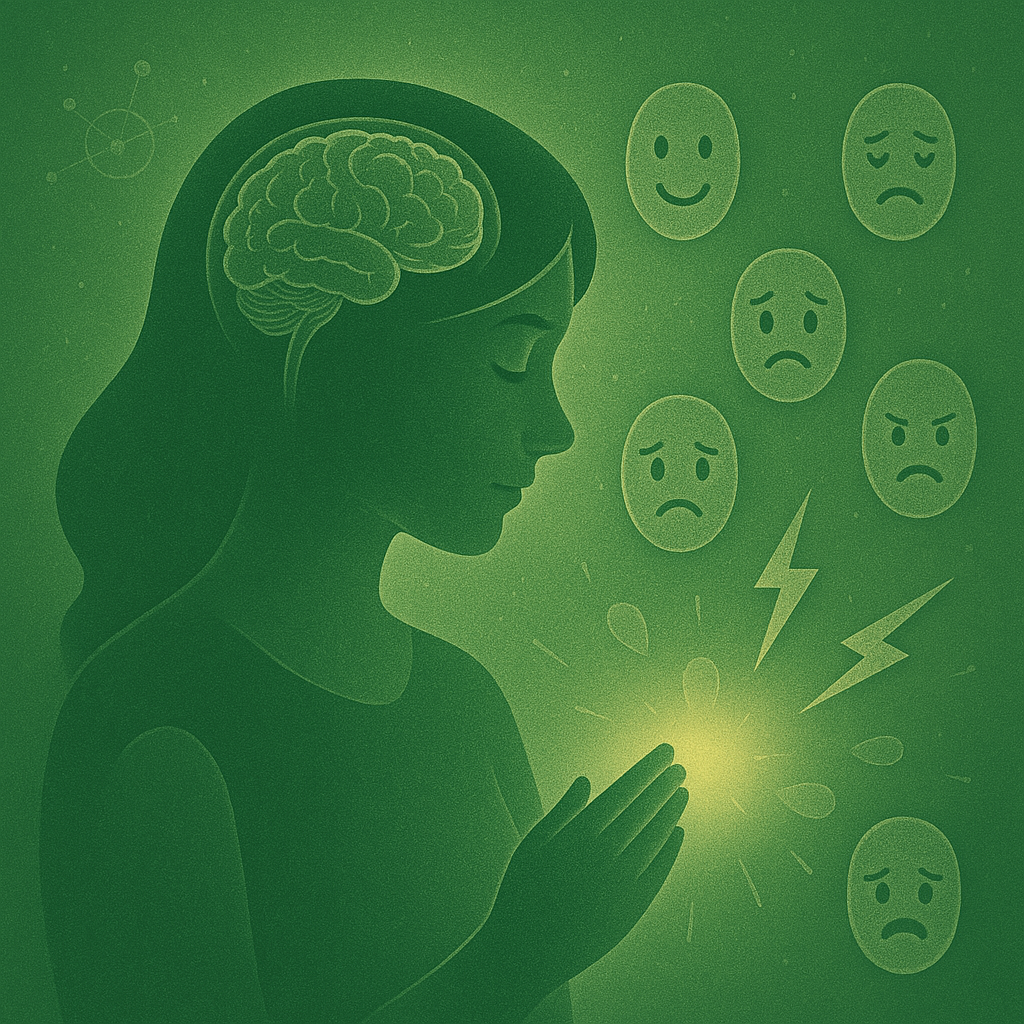What Is Emotional Awareness?
Emotional awareness is the ability to recognize, name, and understand your emotions in real time. It goes beyond just knowing if you’re “happy” or “sad”—it involves tuning into subtle emotional cues, identifying triggers, and learning how emotions influence thoughts and behaviors.
As decades of psychology research show, the simple act of naming your emotions precisely may be the first step toward mastering them.
According to a studies people with higher emotional awareness experience better emotional regulation, stronger relationships, and even improved physical health.
Why Is Emotional Awareness Important?
Better Emotional Regulation
– When you can identify your emotions early, you can manage them before they escalate into overwhelming stress or anxiety.
– Researchs shows that emotional awareness helps reduce impulsive reactions, leading to healthier decision-making.
Stronger Relationships
– Being aware of your emotions helps you communicate more effectively, reducing conflicts and deepening connections.
– studies found that emotionally aware individuals have more satisfying relationships.
Reduced Stress & Anxiety
– Unrecognized emotions often manifest as physical symptoms (headaches, fatigue, digestive issues).
– Mindfulness-based therapies, which build emotional awareness, have been shown to significantly lower stress.
Improved Self-Understanding
– Emotional awareness helps you recognize patterns in your reactions, leading to personal growth and resilience.
How to Develop Emotional Awareness
some skills and techniques can help improve emotional awareness:
Mindfulness & Body Scanning
– Tuning into physical sensations (e.g., tension, heartbeat) can reveal underlying emotions.
Journaling Emotions
– Writing down feelings daily helps identify emotional triggers and patterns.
Therapy approches
– Cognitive Behavioral Therapy (CBT) – Links thoughts, emotions, and behaviors.
– Emotion-Focused Therapy (EFT) – Helps process and express emotions healthily.
Practicing Naming Emotions
– Instead of saying “I feel bad,” try pinpointing: “I feel frustrated because…”
When to Seek Help
If you struggle with:
– Frequent mood swings
– Difficulty understanding why you feel a certain way
– Emotional numbness or outbursts
therapy can guide you in developing emotional awareness for a more balanced life. Emotional awareness is a skill—one that can be learned and strengthened with the right support.
Conclusion
Emotional awareness is more than a psychological concept—it’s a transformative skill that bridges self-understanding with emotional mastery. Decades of research confirm that precisely identifying and labeling emotions enhances regulation, reduces distress, and fosters resilience. By cultivating this awareness through mindfulness, reflective practices, and evidence-based techniques, individuals gain not just insight into their inner world, but the agency to navigate life’s challenges with greater clarity and adaptability. The journey toward emotional fluency begins with a simple yet profound act: paying attention to what you feel, and honoring those feelings as valuable data rather than obstacles. This foundational skill ripples outward, improving relationships, decision-making, and overall well-being—a testament to the profound mind-body connection at the heart of human experience.
Emotional awareness isn’t just about knowing your feelings—it’s about reclaiming the power to shape your life through them


